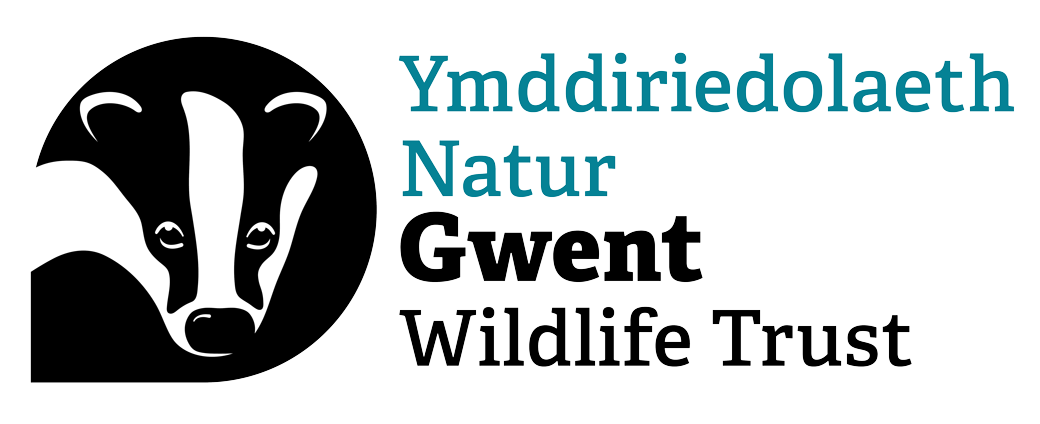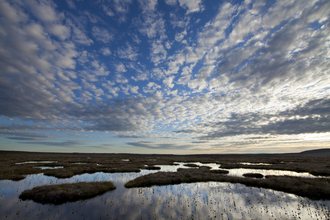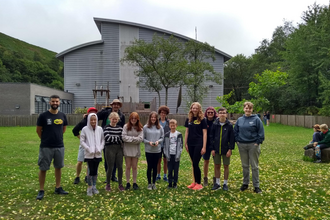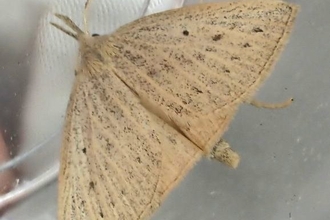The UK Government must increase efforts to protect at least 30% of land and sea by 2030 and strengthen environmental protections at COP27 (November 7-18)
Kathryn Brown, director of climate change and evidence for The Wildlife Trusts, said, “It’s vital that the Prime Minister shows climate leadership by championing nature’s recovery at COP27. The climate and nature crises are two sides of the same coin – we must restore nature because natural habitats have a critical role to play in storing carbon and helping us adapt to the inevitable consequences of climate change. At the same time, climate change is one of the biggest threats to nature at a time when it is already in freefall globally; the latest assessment reveals we have lost 70% of our biodiversity since 1970.
“The UK must do more than simply turn up to COP27. We need assurances that the Government will rapidly increase efforts to protect at least 30% of land and sea by 2030 and strengthen environmental protections at home. Government’s failure to publish nature recovery targets this week – breaking the Environment Act – does little to reassure us they are acting to address the magnitude of the challenge we face.
“How can we expect other countries to prioritise nature in tackling climate change if we aren’t doing the same ourselves?”
It has been a bleak countdown to the international climate conference - COP27, which is held this year in Egypt. In the past 12 months since COP26, the global and national mood has flipped from cautious optimism to fear and division. In the UK alone, we’ve seen the following since COP26.
Most of the UK, including Wales, suffered drought conditions this summer with the driest July on record in south-east England. Rivers and ponds ran dry leaving dead fish and amphibians, and grey herons, otters, water voles and kingfishers struggling to find food.
On the historic Gwent Levels, Gwent Wildlife Trust’s wetlands nature reserve at Magor Marsh was affected. The nature reserve's wildlife-rich pond completely dried up during the long hot summer, as did some of the biodiverse waterways known locally as reens.
GWT’s Head of Nature Recovery Gemma Bodé explained in September, “Sadly, there has been no short-term fix or solution for Magor Marsh as the pond at Magor is spring-fed from an underground source, which has dried up due to this year’s drought. As a result of this climate-related issue we are trying to find ways to future-proof our ditch and reen (waterways) system on the Gwent Levels, from the increasing threats of flood and drought, and working with other conservation organisations including our colleagues within the Wildlife Trust movement, who are facing similar circumstances.




